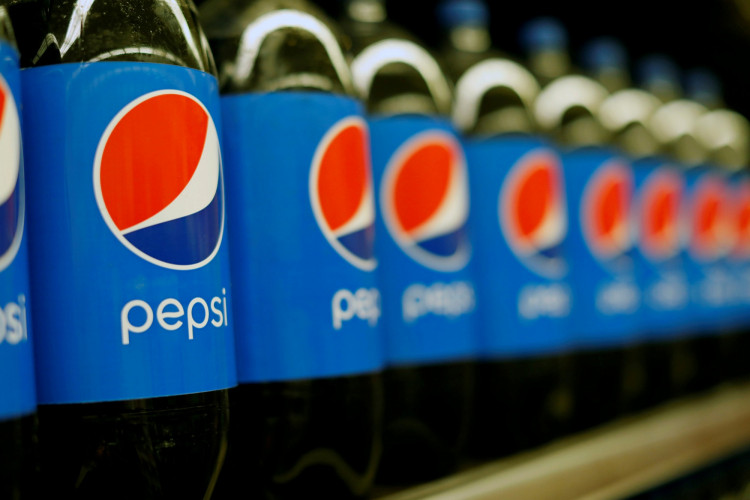PepsiCo, the world's leading snack and beverage company, has revised its revenue outlook for the year downward, citing weakened demand in its core North American market and the impact of product recalls. The company's latest financial results reveal challenges across several key segments, as consumers react to persistent price increases and competition in the food and beverage industry intensifies.
On Tuesday, the New York-based company announced it now expects organic revenue to grow at a low single-digit rate for the year, a downgrade from its previous projection of 4% growth. Organic revenue excludes the effects of currency fluctuations, acquisitions, and divestitures, providing a clearer picture of the company's operational performance. This adjustment follows a similar revision made earlier in the year, indicating continued pressures on the company's financial outlook.
PepsiCo's third-quarter revenue came in at $23.3 billion, falling short of Wall Street's expectations of $23.8 billion, according to data from LSEG. The company's net income also dipped by 5% to $2.9 billion, or $2.13 per share, compared to $3.09 billion, or $2.24 per share, a year earlier. Adjusted earnings, which exclude one-time items, were slightly better than analysts' predictions, standing at $2.31 per share against the anticipated $2.29 per share.
CEO Ramon Laguarta acknowledged the challenges faced by the company, noting that weaker-than-expected sales in North America, compounded by the repercussions of a significant recall of Quaker Oats granola bars and cereals, had a pronounced impact on overall performance. "The disruptions in our supply chain, along with subdued demand in key markets, have affected our sales momentum," Laguarta said in a statement.
Frito-Lay North America, one of PepsiCo's largest divisions, reported a 1.5% decline in sales volume, while its North American beverage segment saw a 3% drop. Notably, the company's Quaker Foods division faced the steepest decline, with volume plummeting by 13%, largely due to a series of recalls related to potential salmonella contamination that began late last year. PepsiCo ultimately closed the affected plant in June, but the aftershocks of this disruption have continued to weigh on its financial results.
Despite these setbacks, the company raised prices by 3% globally in the quarter. However, the move appears to have dampened demand, with PepsiCo reporting lower sales volumes across most regions except for Europe. "While we are making progress in offering more value to consumers, the broader salty and savory snacks category has underperformed this year compared to its historical trends," PepsiCo executives noted.
Shares of PepsiCo were down 1% in premarket trading following the announcement, reflecting investor concerns over the company's ability to navigate the current economic climate and competitive pressures. The decline in its North American sales, where the company's flagship brands like Gatorade and Pepsi traditionally perform well, signals a broader shift in consumer behavior as shoppers become more price-sensitive.
Analysts have pointed out that PepsiCo's slowing revenue growth stands in stark contrast to its previous years of double-digit expansion. "The company's revenue growth has sharply decelerated, and it's now facing the challenge of maintaining its market share amidst changing consumer preferences," said John Smith, a market analyst with FactSet.
The international markets provided little relief, with both Latin America and the Africa, Middle East, and South Asia regions also experiencing declining volumes in food and beverages. However, PepsiCo did see some resilience in its European market, where volumes remained stable despite broader economic uncertainties.
As part of its strategy to regain momentum, PepsiCo is focusing on improving in-store availability and expanding its range of value-oriented products, particularly in its snack lines like Cheetos, SunChips, and Stacy's pita chips. The company is also aiming to lower the prices of some of its popular items, such as potato chips and tortilla chips, in an effort to revive consumer demand and counteract competitive pressures.
The company's leadership remains cautiously optimistic about the future. "We believe that by enhancing our value proposition and focusing on core consumer needs, we can steer our performance back to its historical growth trajectory," Laguarta said. Despite the challenges, PepsiCo reiterated its forecast for at least an 8% increase in its core constant currency earnings per share.





